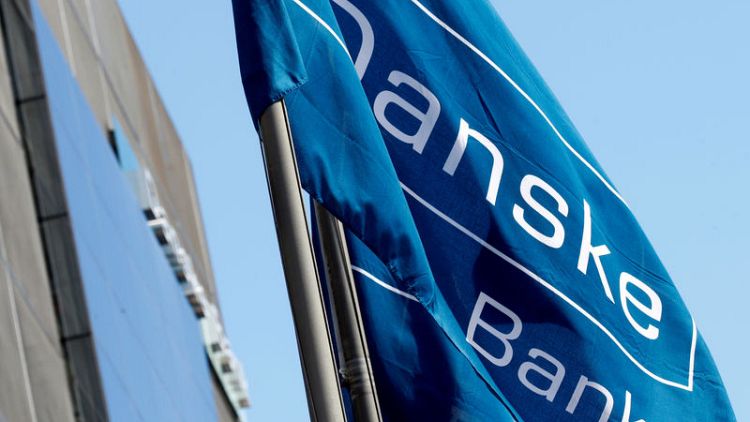By Teis Jensen
COPENHAGEN (Reuters) - Danish and Estonian financial regulators are blaming each other for the Danske Bank money laundering scandal, which has highlighted the need for better cross-border surveillance.
Denmark's largest lender is being investigated in Denmark, Estonia, Britain and the United States over 200 billion euros ($229 billion) of suspicious payments through its Estonian branch between 2007 and 2015.
The Danish Financial Supervisory Authority (DFSA) this week prompted a sharp rebuke from its Estonian counterpart when it said it had met its obligations.
"As the host country supervisory authority, the Estonian supervisory authority (EFSA) has had and still has responsibility for the anti-money laundering (AML) supervision of the Estonian branch," the DFSA said in a report.
The EFSA, locally known as the Finantsinspektsioon, responded by saying Danske Bank had failed in its governance and that the DFSA "was and is responsible for supervising the governance of Danske Bank, including its branches".
"Finantsinspektsioon stands ready to take over supervision of Danske Bank as whole," it added.
The DFSA responded by saying that the division of responsibilities was clear.
"EFSA had the power to stop the offences when EFSA became aware of them during the inspections in 2014. EFSA was not dependent on possible actions by the home country supervisory authority (DFSA)," DFSA said on Wednesday.
Danish anti money laundering expert Jakob Dedenroth Bernhoft said that although EFSA was responsible for money laundering supervision in Estonia, the DFSA should have reacted to a business model that allowed Danske Bank to operate without interference from the headquarters in Copenhagen.
"This dispute is clear evidence that there is a need for much tighter cooperation on the operational level, and to work as one authority in order to stop money laundering," he said.
European Union governments reached a preliminary deal last month to clamp down on money laundering by strengthening bank supervision through the European Banking Authority.
(Reporting by Teis Jensen; Editing by Alexander Smith)



